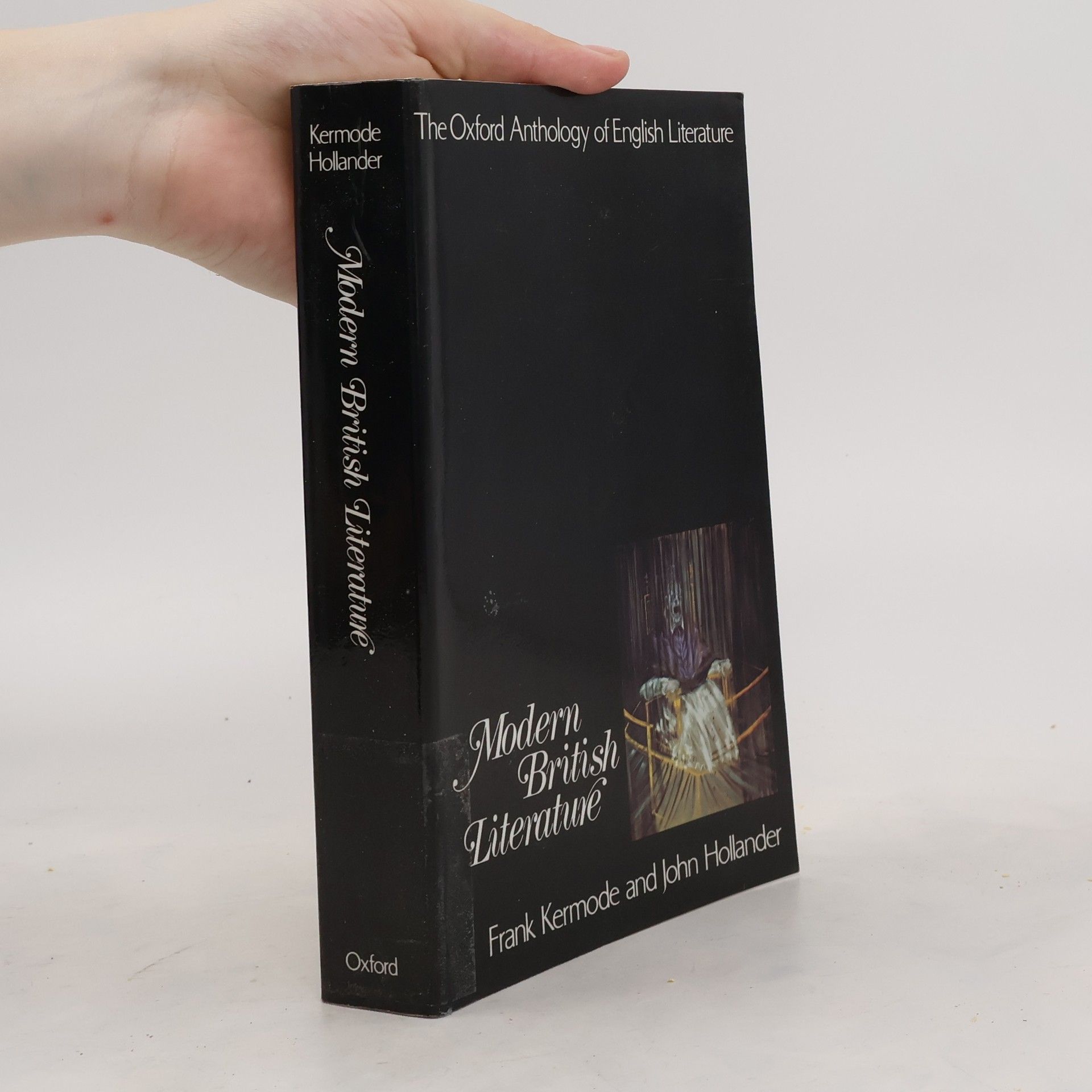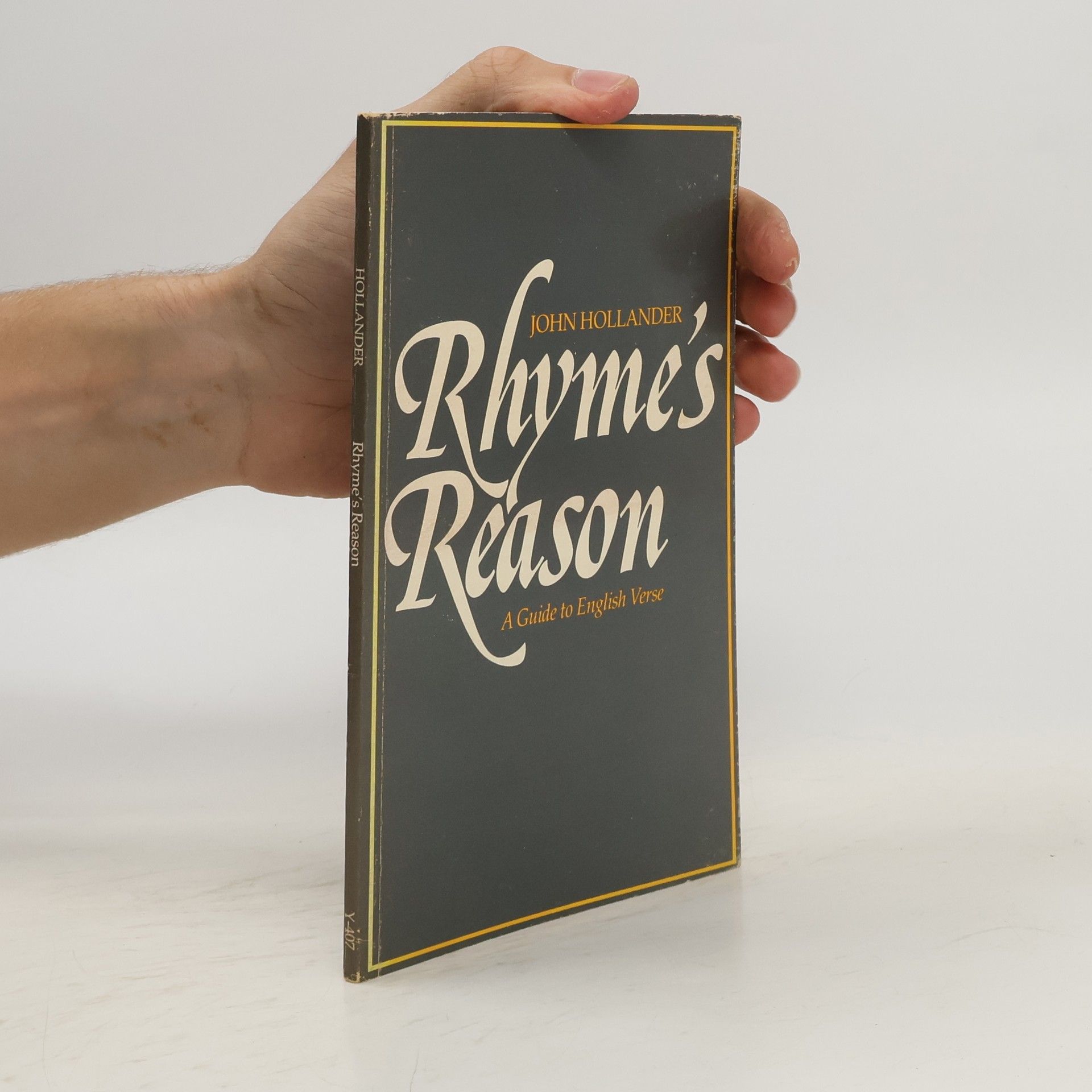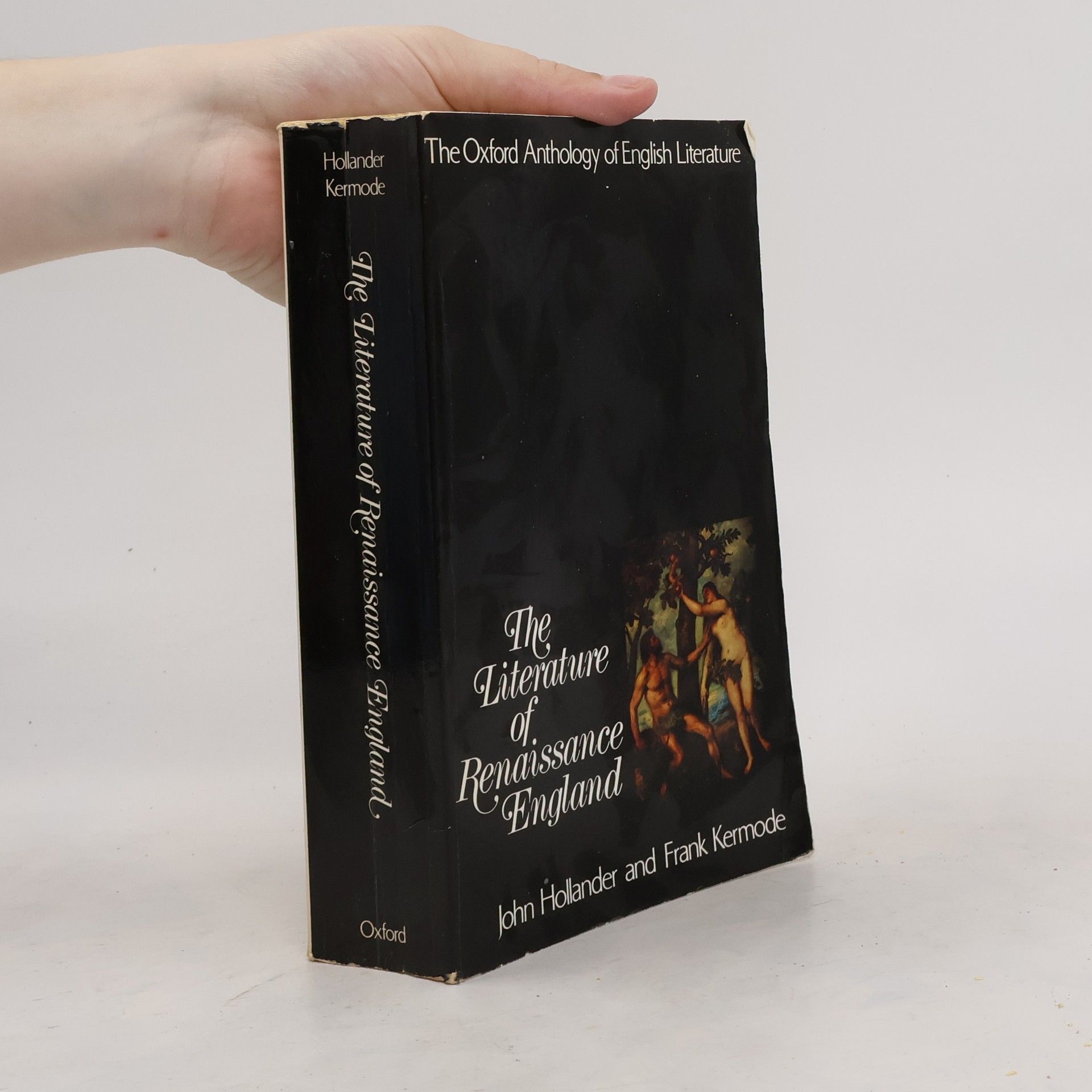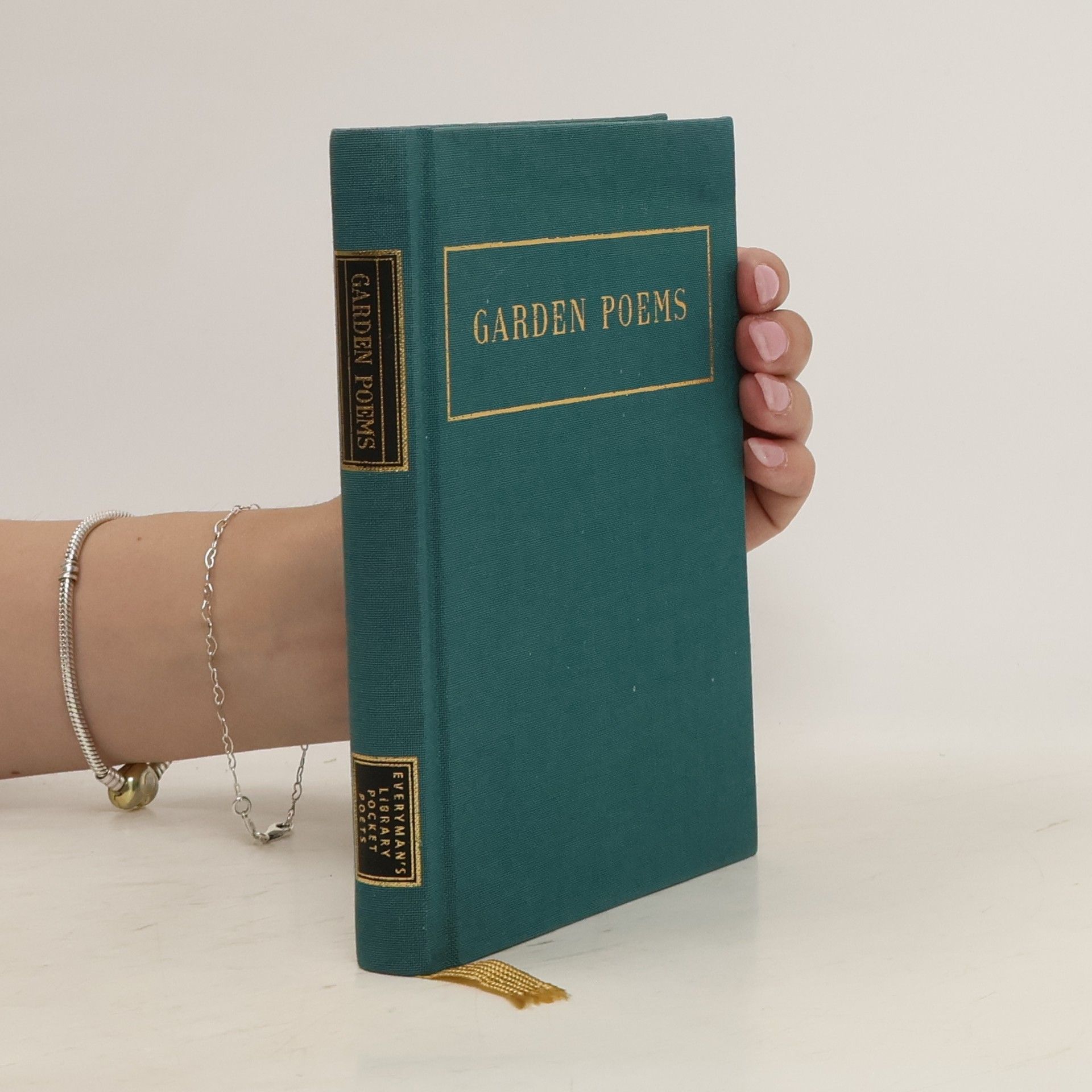Garden Poems
- 256 stránek
- 9 hodin čtení
With 3-colour jacket, this book is ideal for gifting.






With 3-colour jacket, this book is ideal for gifting.
This volume includes works by Spenser (excerpts from all books of The Faerie Queene), Shakespeare (including The Tempest), Marlowe (Dr. Faustus, Hero and Leander), Donne, and Milton (Comus, Samson Agonistes, and long excerpts from Paradise Lost).
Poems by the author complement a guide to writing English verse, surveying the forms and patterns of Old English and looking at an assortment of contemporary styles of free verse
This 4,500-page collection presents the finest literature produced in Great Britain from the Middle Ages through the twentieth century. It has been edited and annotated by six eminent critics and scholars. Almost three hundred illustrations show the relationship between images in language and in pictures. The Oxford Anthology of English Literature is available in three formats: a two-volume cloth edition, breaking at 1800; a two-volume paper edition, breaking at 1800; and six paperbound volumes, each covering one of the traditional periods of English literary history
The collection offers a comprehensive exploration of 19th-century American poetry, featuring notable poets like Philip Freneau, Walt Whitman, and Herman Melville. Selected by John Hollander, it emphasizes American Indian poetry, folk songs, and spirituals, providing a rich context for understanding this era's artistic expressions. Organized by author, the two-volume set includes an extensive list of works, chronological insights, and editor notes that enhance the reader's appreciation of the texts.
This critique explores the interplay between different modes of expression, examining the instances when they effectively complement each other and those moments when they fall short. It prompts readers to reflect on the underlying reasons for these varying degrees of success, encouraging a deeper understanding of the dynamics involved in communication and expression.
Rossetti, Dante Gabriel, Hollander, John